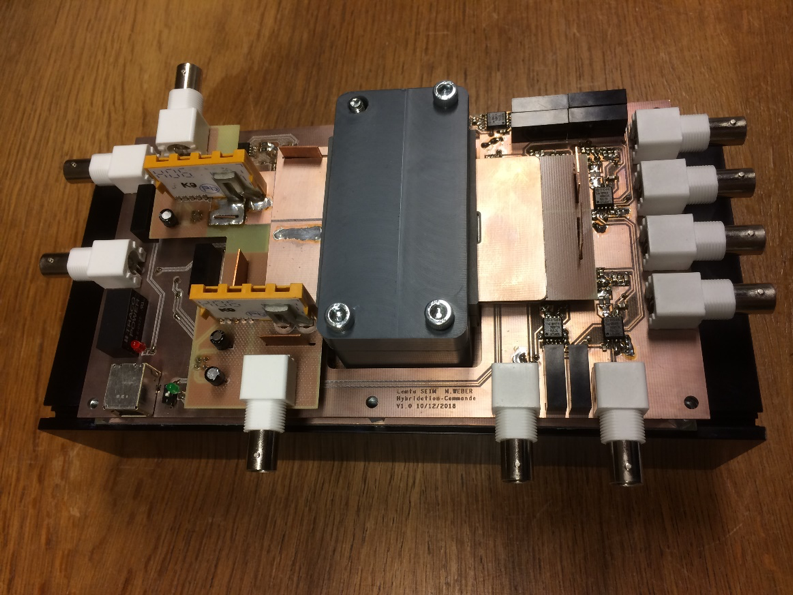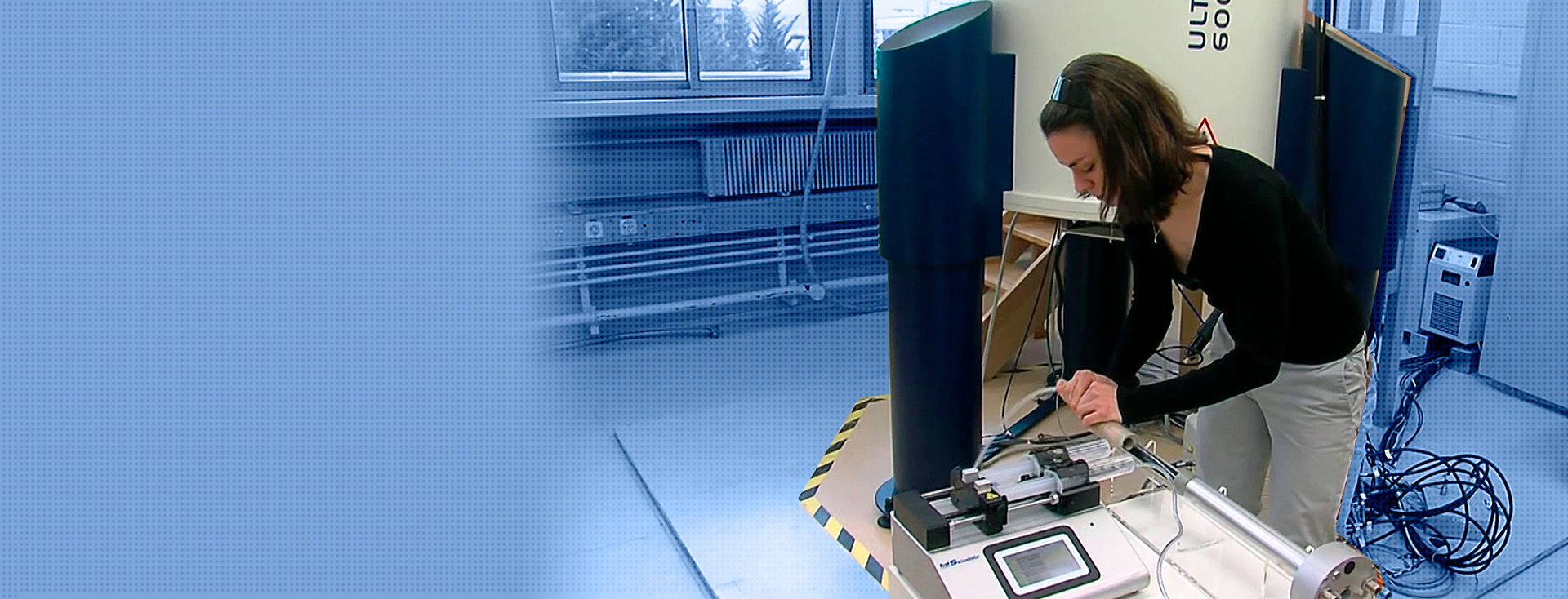The group’s activities cover three energy carriers -heat, hydrogen and electricity-, with a particular emphasis on storage elements and conversion devices. The two main families of applications of our works are:
- Multisource and multivector micro-grids.
- The optimization of the efficiency and/or durability of energy components and systems.
The main idea that structures this group is to address transversal issues, as a complement to the works that can be performed independently within the three scientific operations. More concretely, the common objectives are:
- To reduce or control the stresses and solicitations that affect the lifetime of the energy conversion and storage systems, and to increase their lifetime by implementing more appropriate architectures and control strategies.
- To increase the performance of the energy conversion and storage systems by implementing a better synergy between energy sources and networks.
In each case, we focus on the architecture integration and operation optimization of the thermal and electrochemical conversion and storage devices, within multivector and multisource networks.
In addition to the activities of the three group scientific operations, the main transversal works concerns :
Hydrogen and electricity
- Increasing the reliability and lifetime of polymer membrane fuel cells by implementing a management system (FCMS – Fuel Cell Management System-) based on a multiphysical approach.
- Increasing the lifetime of membrane fuel cells by innovative direct and indirect hybridization strategies with supercapacitors.
- Integrate modeling of membrane electrolyzer/compressor/hydrogen storage systems.
Heat and electricity
- Global (thermal and electrical) and dynamic (with thermal and/or electrical storage) optimization of low (<100°C) and medium temperatures (400-600°C) fatal heat recovery system using a Stirling engine, and integration into a micro-grid.
- Optimization of a high-efficiency DC/DC power conversion cell by taking into account the junction temperature determined by virtual thermal sensors

Hydrogen, electrochemical systems
This scientific operation considers electrochemical converters based mainly on hydrogen, including fuel cells and polymer membrane electrolyzers, with multidisciplinary approaches, combining expertise in transport phenomena, electrochemistry, NMR/MRI, and the physico-chemistry of ionomer membranes.

Electrical Energy Management
Design, management and modelling of multi-source and multi-vector networks using multiphysical approaches. Power architectures, energy management strategies coupled with multiphysical modeling and diagnostic/prognostic tools are developed to optimize the operation of MS-MV microgrids.

Heat Management
Optimization of energy systems through thermal studies, local and global modeling works, in order to improve their performance and integration, as well as to recover and valorize heat. Thermal characterization of materials, particularly at high temperatures.
